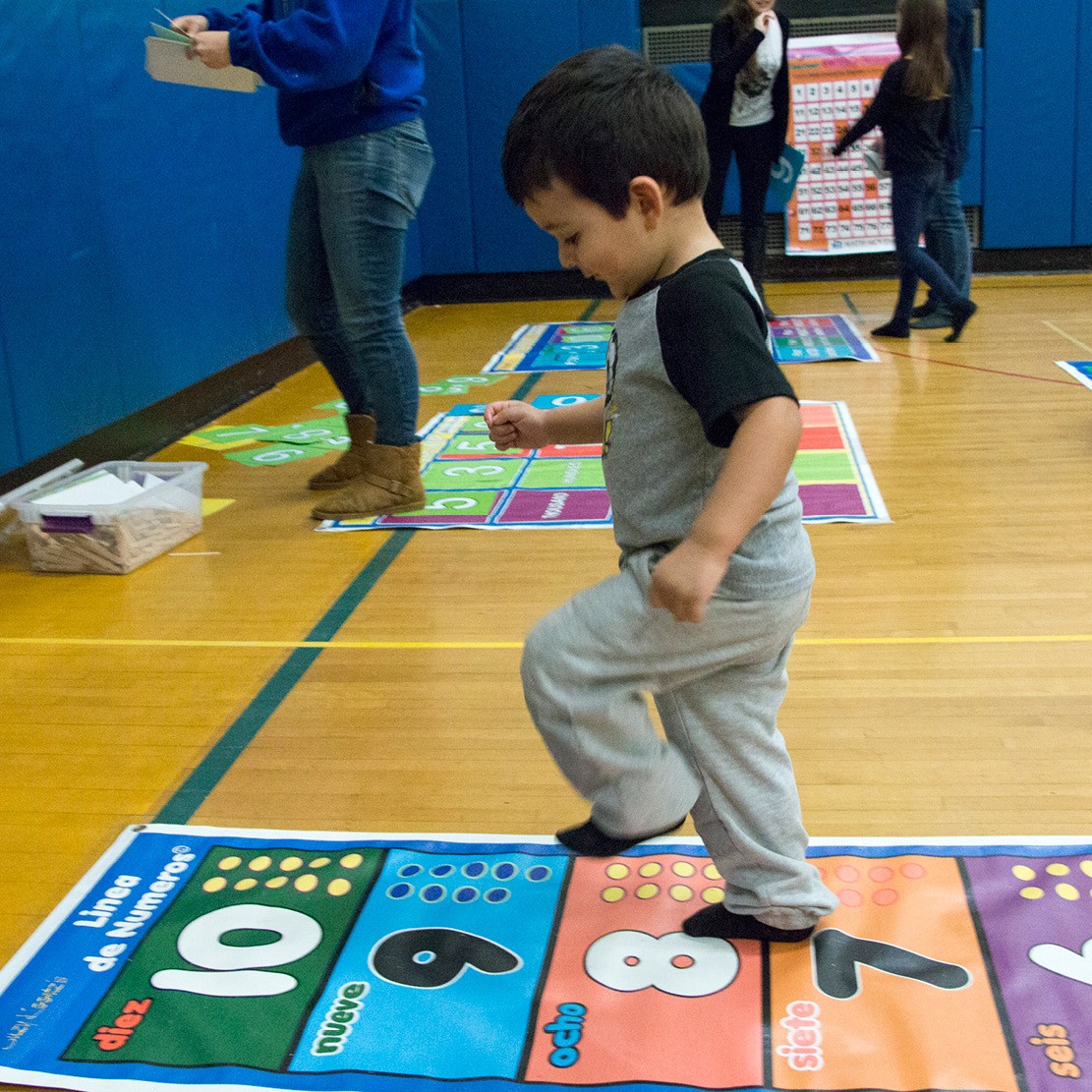
Research-Based Strategies for Teaching ELL Students
Research shows that ELL students prefer a kinesthetic learning style. Incorporating movement-based learning strategies into lessons can help bilingual classrooms thrive.
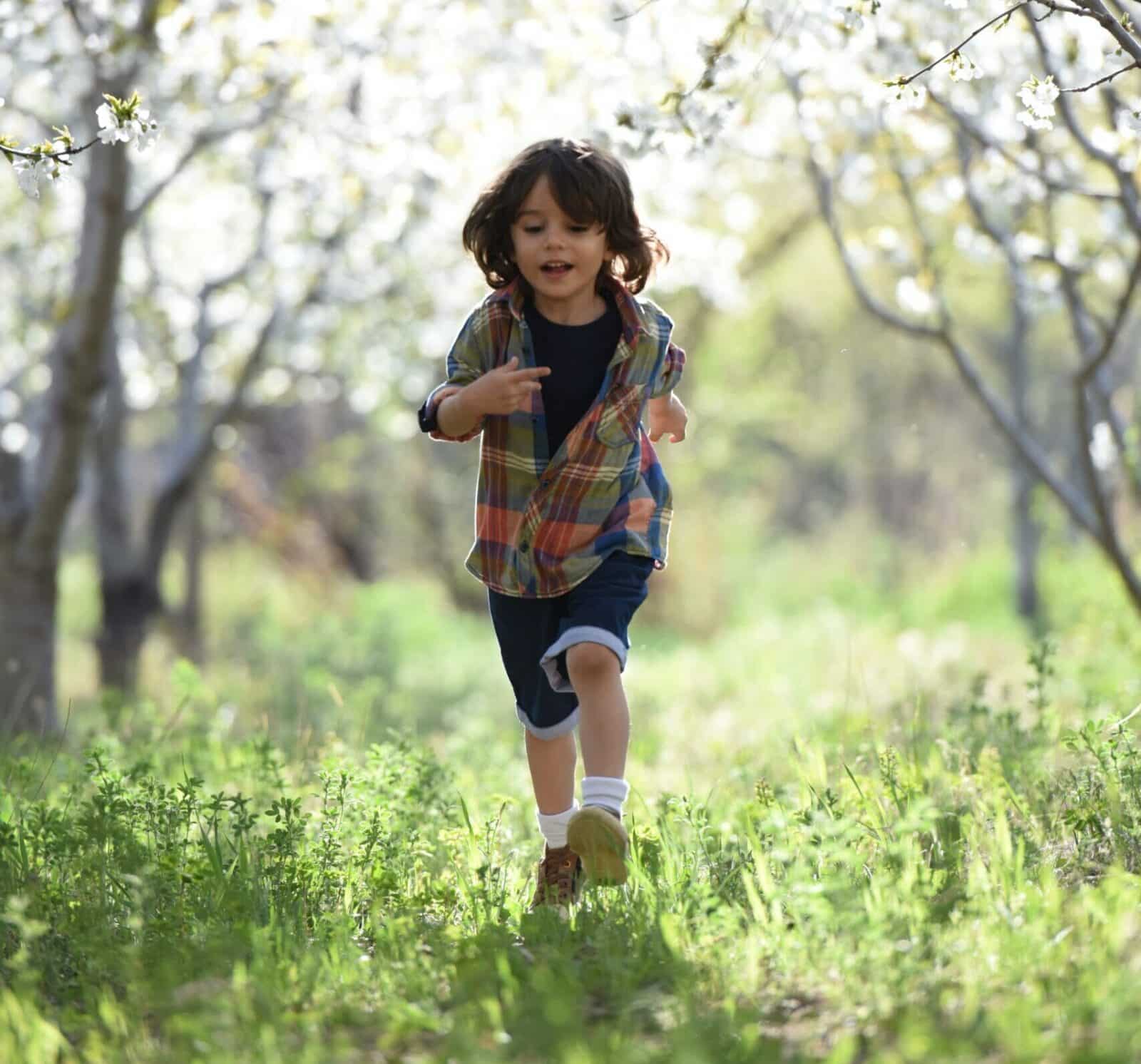
Want to get started with movement-based learning right now? Enter your email to get our training manual with over 250 active math movements. No materials necessary!
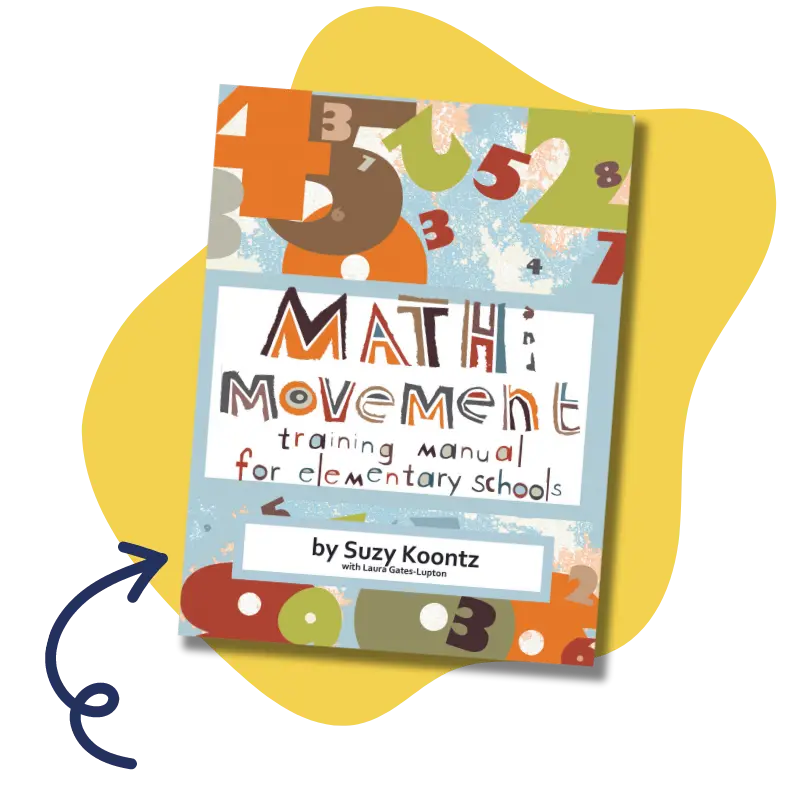
See how simple adding movement can be!
One popular outdoor activity for many kids is drawing with sidewalk chalk! Sidewalk chalk can be used to create hopscotch courses, which becomes a great opportunity for skip counting practice and other math games. Hopscotch is ideal for kinesthetic learning since kids are required to hop around!
Another great sidewalk chalk math activity is a chalk number line run. A number line is a tool to help with solving problems and increasing number sense. Use the chalk with your kids to draw a number line to 20 (or however high you would like to go). Place a stack of number cards near the line. Have kids take turns drawing a number card. If a number 3 is drawn, the player will hop 3 times and stay on their number until their next turn. On their next turn, the player will draw another number card and add that number to the number that they are standing on. Players will rotate drawing cards and counting until someone reaches the end.
Play this game regularly to practice writing and adding numbers!

Create a permanent version of our Skip Counting floor mats on your school playground or blacktop. Use these number stencils to spray paint a number line for continuous multiplication practice!
This summer math game is possible at home in the backyard, at camp, or on a playground. The activity is pretty self-explanatory – find sticks and measure them. Kids may use small containers, bags, a basket, or whatever they would like to carry sticks in. Begin this game by telling players they have ‘x’ amount of time (say 10 minutes, for example) to find as many sticks as they can. Set a timer and watch the kids begin gathering sticks of different shapes and sizes.
Once the timer is finished, players will come together and lay out their sticks from shortest to longest. Parents and teachers can challenge kids further by asking them to sort all of the players’ sticks together by length. This summer math activity is a great way for elementary students to practice making comparisons and exercise teamwork skills!
Hula hoops are another great tool to use in summer learning activities.
To play hula hoop addition, you will need 3 different hula hoops, 2 index cards, and a bag of balls (or you can use rocks). Lay the 3 hula hoops out on the ground side by side. Write a ‘+’ and ‘=’ sign on the index cards and place theme in between the 3 hula hoops on the ground. Your layout should be hula hoop + hula hoop = hula hoop.
To play this game, you can either call out math equations (ex. 2+3) or write them down on index cards for players to draw.
A player will draw a math equation and place the corresponding number of balls into the hula hoops to start. Once both numbers are placed into the first 2 hoops, the player will add those together. Then, the player will do that number of jumping jacks in the third hoop. (For example, if the equation was 2+3, the player would do 5 jumping jacks.)
This summer math activity can be a lot of fun and will definitely have kids moving and burning off energy! The game can also be adapted to the math concept kids need practice with – including subtraction, multiplication, and division.
Make basketball into a fun summer math game! To play math fact basketball, you can either call out math equations (ex. 2+3) or write them down on index cards for players to draw.
To start, a player will draw a math equation and answer it aloud as quickly as possible. Once the player successfully solves a math problem, they get a chance to shoot the basketball. The player collects 2 points if they answer correctly AND make the ball into the hoop. Rotate turns with the other players.
The object of the game is to correctly solve as many math problems as possible so that you get more chances to shoot the basketball. The player with the most points wins the game!
Like Hula Hoop Addition, Math Fact Basketball can be adapted to any operation your kids need practice with.
This fun math activity is perfect for summer camp – it’s adventurous and requires some exploring! Similar to the sort and measure sticks activity, kids will find bugs and count them. Emphasize to kids who may be a bit squeamish about bugs that they do not have to touch any to participate in this game!
Kids will use a notepad and a pencil to keep track of the bugs they count with either tally marks or numerals. Play this game with a time limit on a top watch and see who finds the most bugs!
When time is up, players will come together and discuss how many and what kinds of bugs they found. Not only is this hunt a great outdoor math activity, it allows for some science practice as well!
Summer math doesn’t have to be a boring or dreaded requirement – bring math outdoors and make it into a game! Kids will be having so much fun they might not even realize that they are learning. Movement and fresh air can be the key to successful summer math activities for elementary students – at home, camp, or school.
Check out our list of 7 Ways to Practice Math Over the Summer to incorporate math into your daily routine at home.
If you’re looking for ways to add even more movement-based learning to your summer activities, Math & Movement can help! We have an entire selection of products meant for summer school programs. We’re here to share the benefits of movement-based learning!
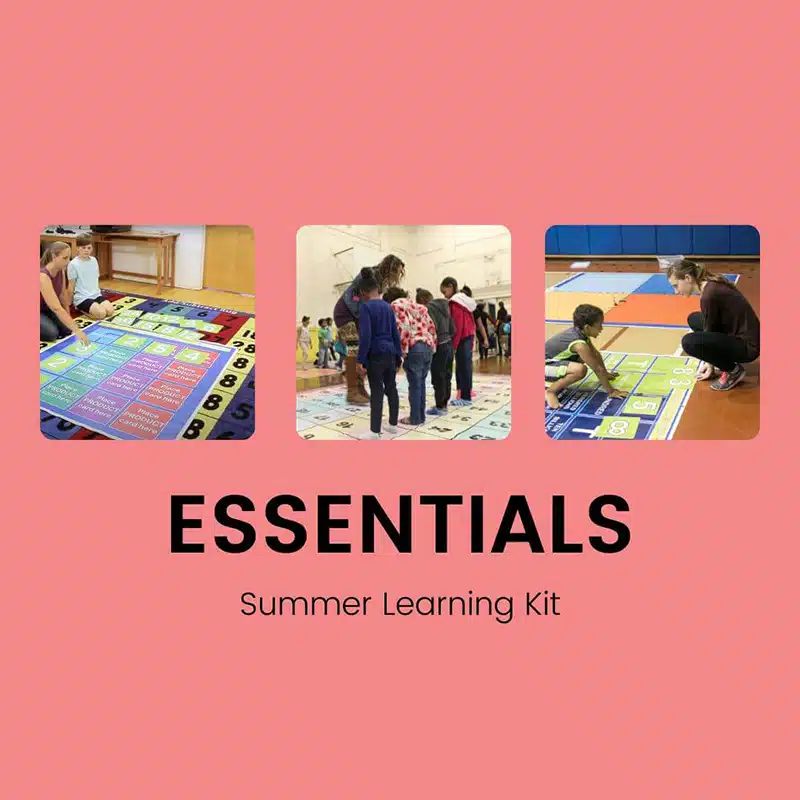
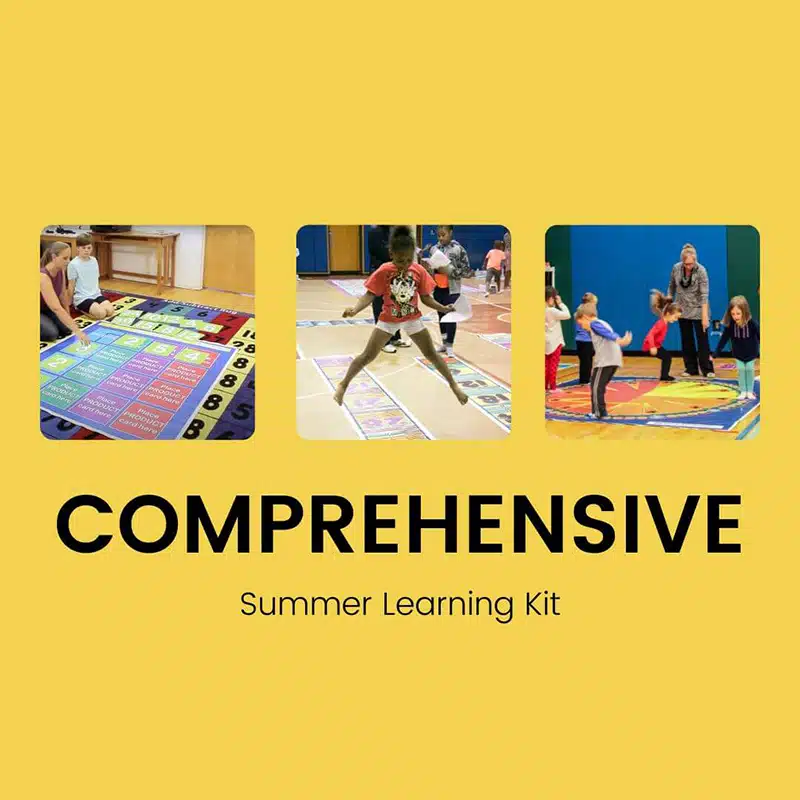

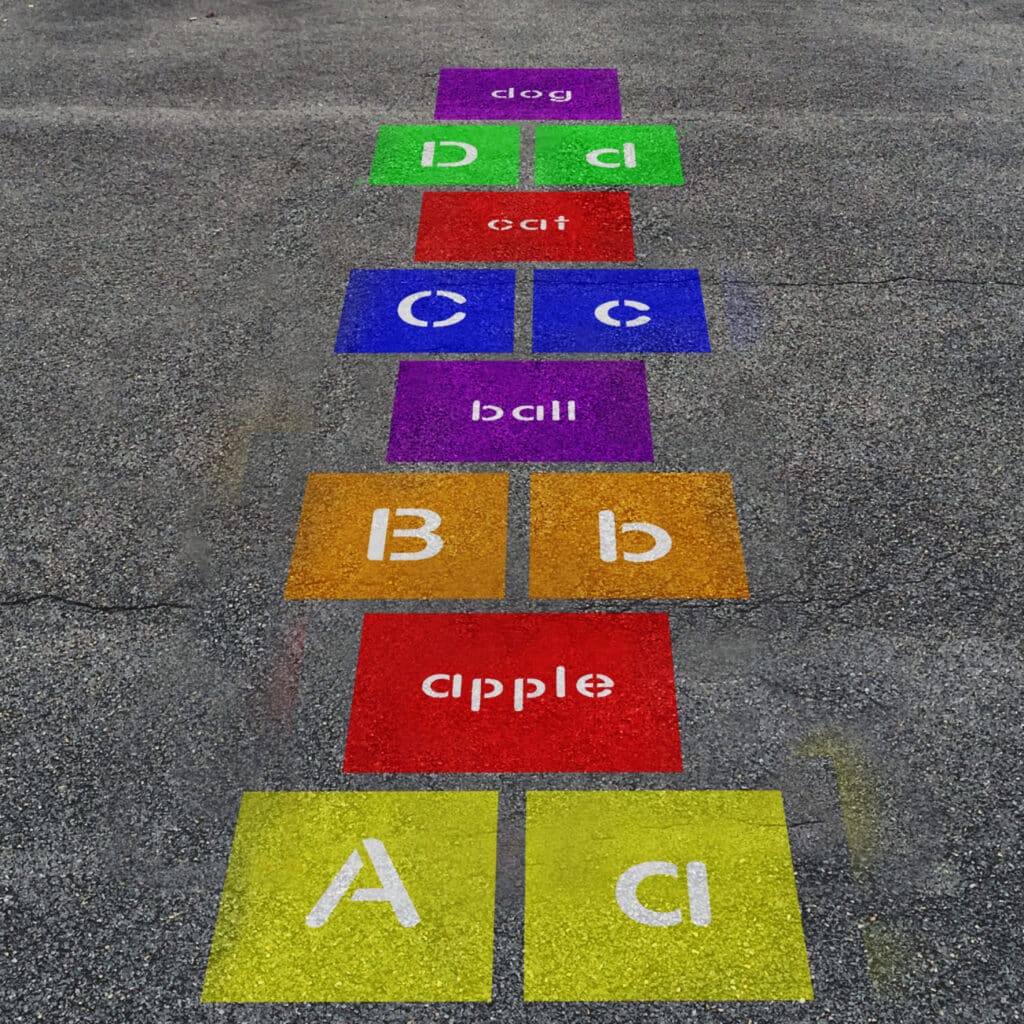
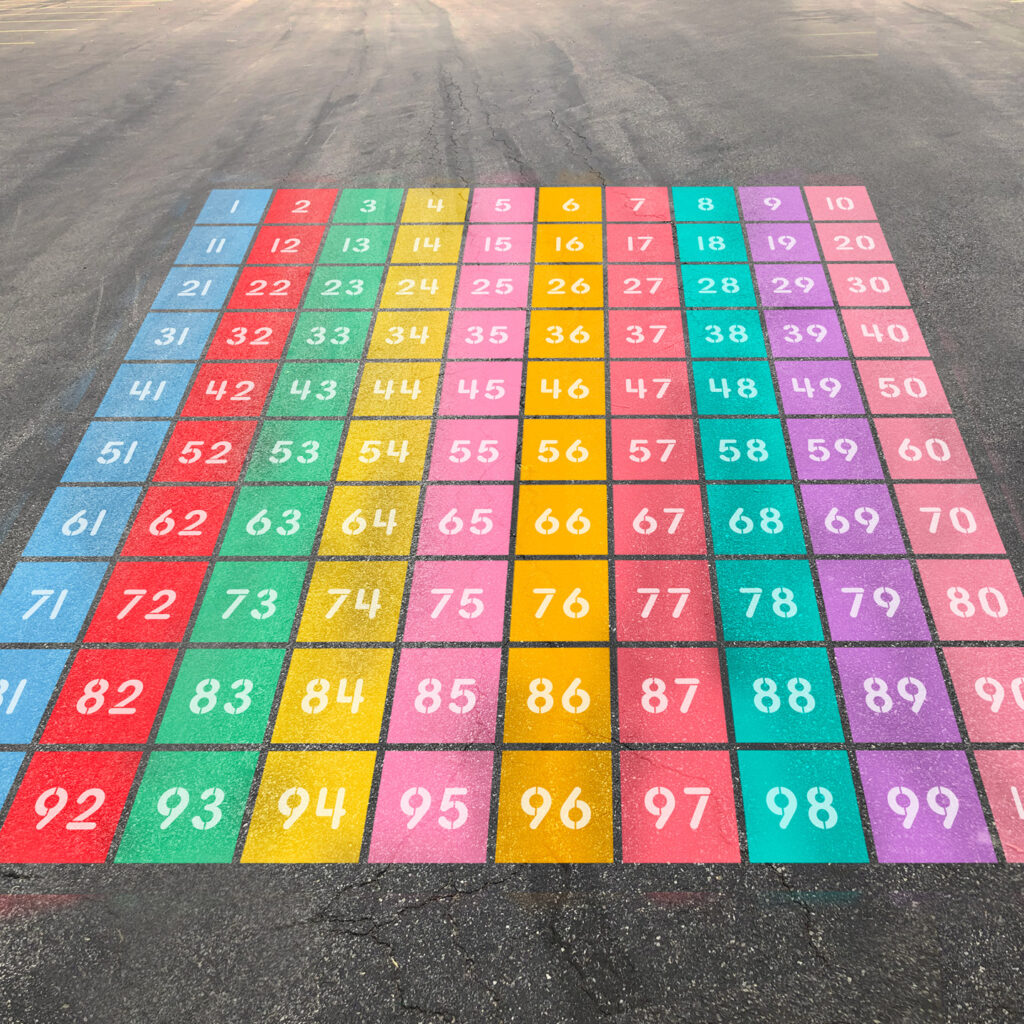

Research shows that ELL students prefer a kinesthetic learning style. Incorporating movement-based learning strategies into lessons can help bilingual classrooms thrive.

Discover how movement-based learning can help teachers implement effective classroom management strategies for elementary students.
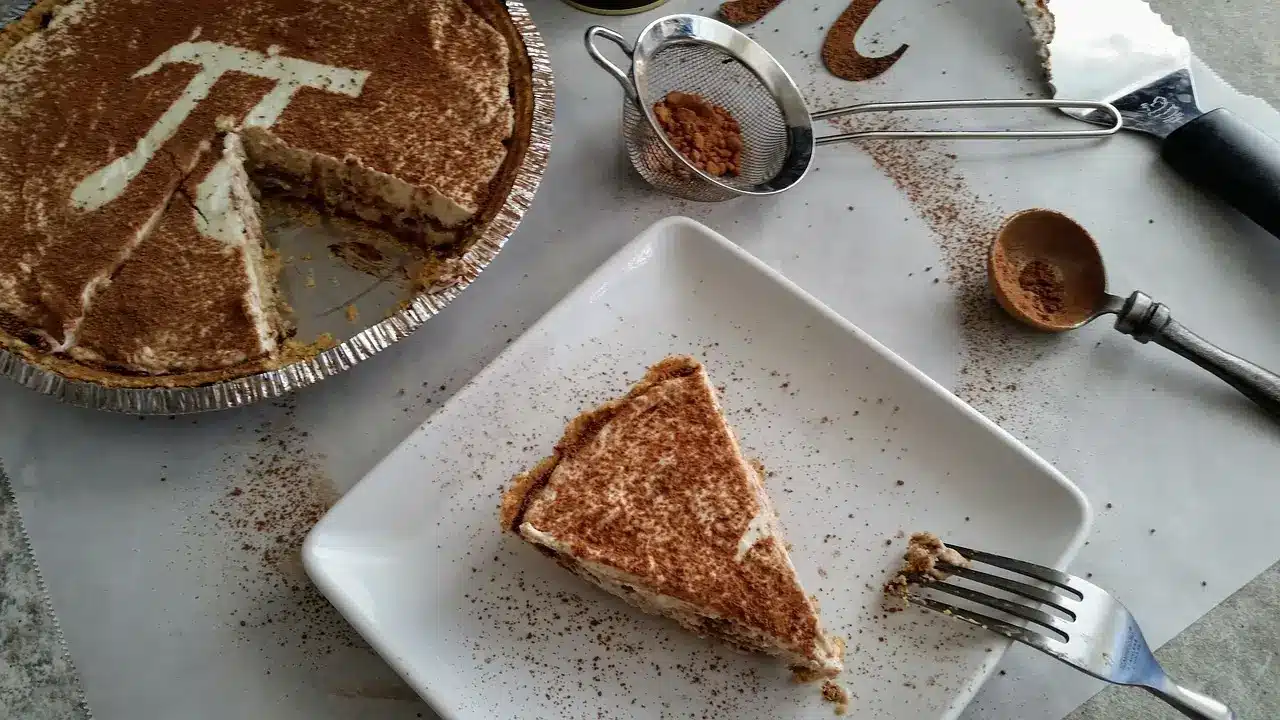
Get ideas on how to celebrate Pi Day 2024 with your elementary students.
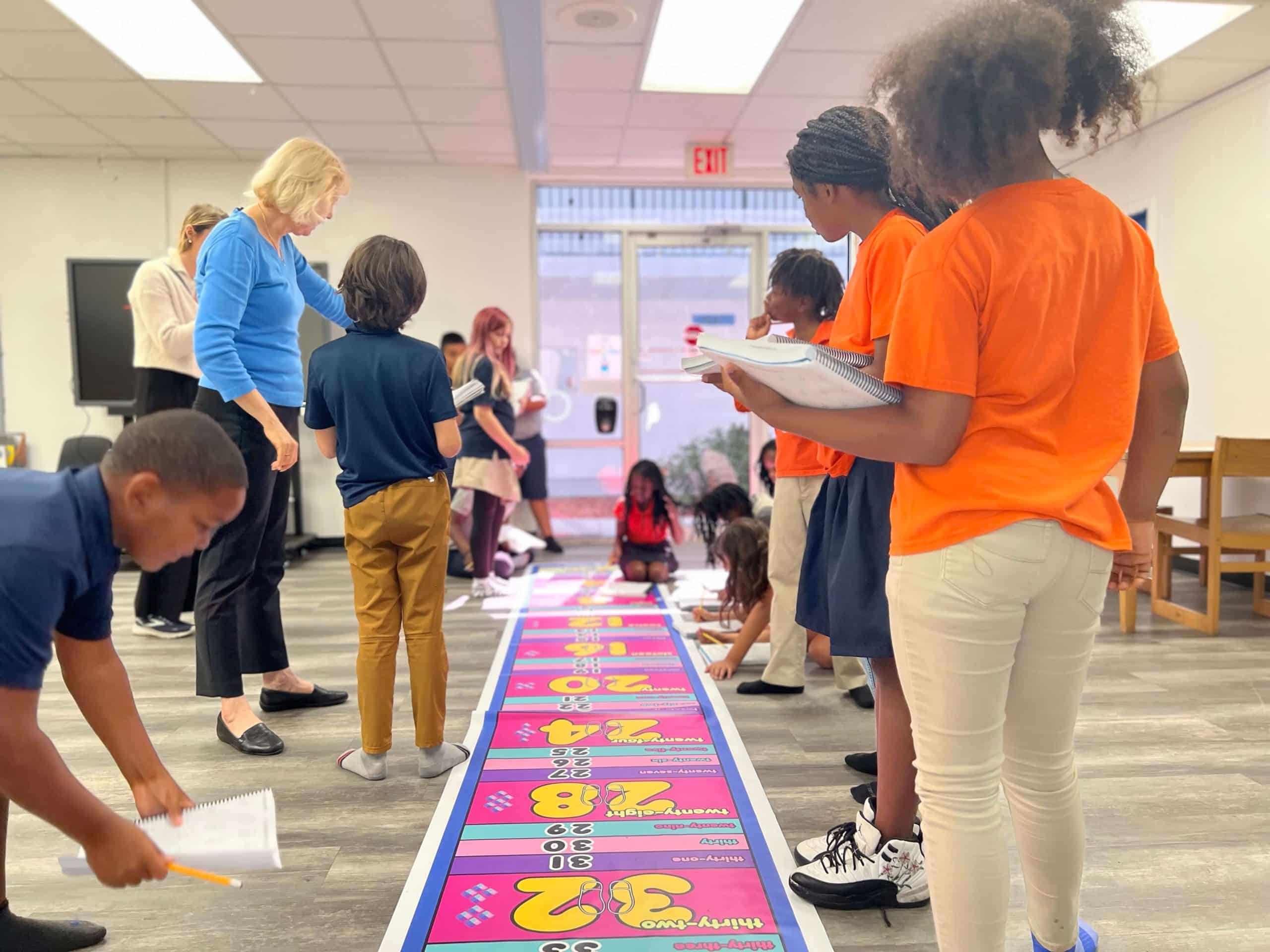
Find out how Math & Movement is aligned to your state’s education standards.
Please leave your email and a quick note for us. We will get back to you soon! In the meantime, here are answers to some of our most common questions:
→ Shipping is 10% of the order subtotal.
→Yes, we accept purchase orders!
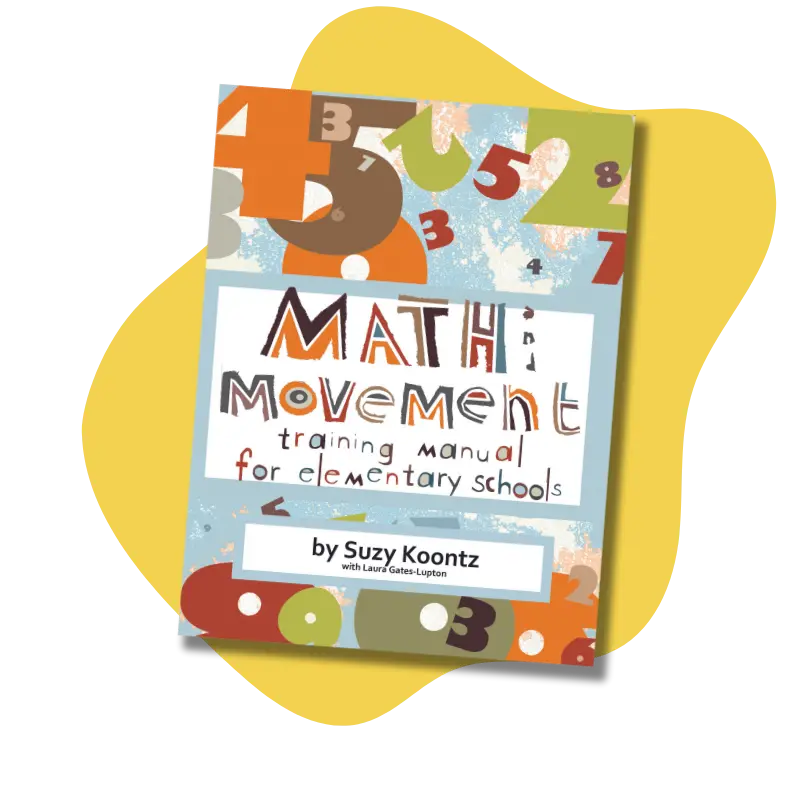
Enter your email to get our training manual with over 250 active math movements. No materials necessary!
One Response
Appreciate the recommendation. Will try it out.